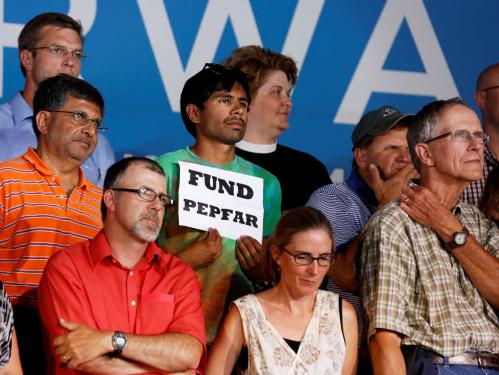Editor’s summary: Free trade agreements (FTAs) are more trouble than they’re worth, Paul Blustein, Journalist-in-Resident in Global Economy and Development, argues in a recent World Policy Journal publication, questioning the impact of FTAs and the motivations behind them. While some newspaper editorials call the U.S.-Colombia trade agreement a “no brainer,” Blustein contends bilateral and regional trade arrangements are not the best ways to promote trade liberalization. Referring to FTAs as PTAs (preferential trade agreements), Blustein warns that the profusion of PTAs erodes the credibility of the World Trade Organization, thereby greatly increasing the threat of trade wars and a breakdown in the stability of the system that has helped to keep trade blocs and protectionism at bay.
Introduction
Free trade agreements are supposed to be great ways to deepen friendships with U.S. allies. Alas, the theory doesn’t seem to be working very well in the case of Colombia. Therein lies a larger lesson about the pitfalls of trade deals between individual countries.
A battle royale is underway in Congress over the U.S.-Colombia trade agreement, and Colombian leaders are in high dudgeon over the prospect that the pact may be the first such deal to get voted down on Capitol Hill. Emblematic of the accord’s potential for souring relations between the two countries was the spectacle this April when Mark Penn, Senator Hillary Clinton’s presidential campaign strategist, had to quit after the revelation that he met with the Colombian ambassador in his capacity as president of a public relations firm. His description of the meeting as an “error in judgment” did not go over well in Bogota; the government terminated its contract with his firm, citing a “lack of respect to Colombians.” Although the recent rescue of hostages held by Colombian rebels has helped improve U.S.-Colombian ties, the atmosphere appears likely to deteriorate anew as the trade agreement languishes in Congress. Maybe this time, we’ll finally learn that trade deals of this ilk can be a lot more trouble than they’re worth. The Colombia contretemps is the latest sign that the Bush administration’s policy of avidly pursuing bilateral agreements is prone to serious backfiring.
The Brookings Institution is committed to quality, independence, and impact.
We are supported by a diverse array of funders. In line with our values and policies, each Brookings publication represents the sole views of its author(s).

Commentary
Trade Pacts Run Amok
August 20, 2008